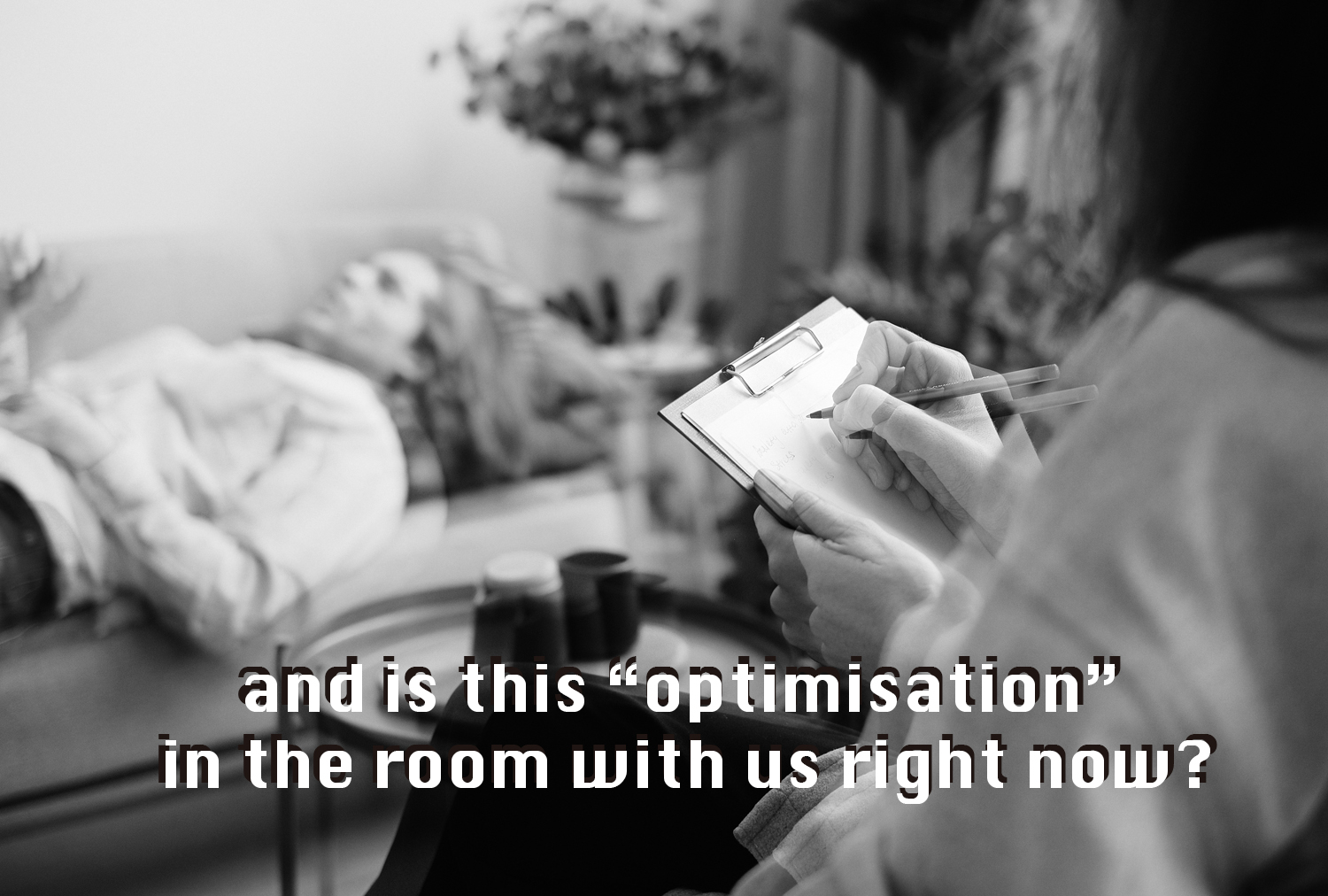Toward a Minor Tech:Yu 500
Feeling short on time? PhD Researcher claims it's because of digital optimisation
Sandy Di Yu
It’s me, I’m the researcher. And I’ve been running late for things all my life. I was born 10 days late, and then some decades later I was like, “why is everyone around me feeling like time has both stood still and disappeared?” It turns out there’s a load of people who have asked the same thing, people who are way smarter and more established, and those people have provided a myriad of interesting responses.
The most obvious answer to time scarcity lies in the hours of labour the average worker puts into her day. This is despite the fact that automation technologies have infiltrated every crevice of contemporary life (Crary, 2013: 40). The promise of emancipation from mundane work remains unfulfilled, mocking us as those same technologies produce ever more work or else commodify the small moments of respite in between.
The increase in work is a symptom of capitalistic growth, which necessitates accelerated productivity for its own survival. Yet since the use of digital platforms has become mainstream, the loss of time has reached a fever pitch. So the question then becomes, what is to be blamed for our current state of time scarcity: the managerial structure of our current socioeconomic system, or the development of digital technologies? Which came first and caused the other, the capitalist chicken or the technological egg?
While existing literature often points to both in equal measure, what is most striking is the inextricable ways in which digitality and management have become woven together in recent years. My hunch, thus, is that neither is solely culpable, for one wouldn't exist in its current form without the other. Instead, it is the logic of optimisation that enfolds both the systemic structure of digital technologies and the managerial framework of contemporary capitalism to cannibalistically exacerbate one another. Timescales thus become skewed such that time is paradoxically both negligible and infinite, due to processing speeds and the perceived perpetuity of digital media, respectively.
Optimisation might mean hiding the discrete units that necessitate digitality, making the metaphors of flow or stream into reality and predicated on the contrived synchronicity of micro-processes (Soon, 2016: 211). It could involve the trimming of code to fewer lines to achieve an aesthetic particular to “good” algorithms (Galloway, 2021:227). It could be following an unofficial but known set of rules in an attempt to get web pages in front of more viewers as with Search Engine Optimisation, or else squeezing every last drop of value from a data set (Halpern, 2022: 201).
Regardless of how it materialises, the logic of optimisation mirrors the mechanics of “progress”, a hangover from post-enlightenment sentiments that continues to plague the current state of socioeconomic affairs (Azoulay, 2019:21). Consequently, we are left with no future to work towards and no past for which to be liable, a perpetual present without time that we're somehow already late for.
